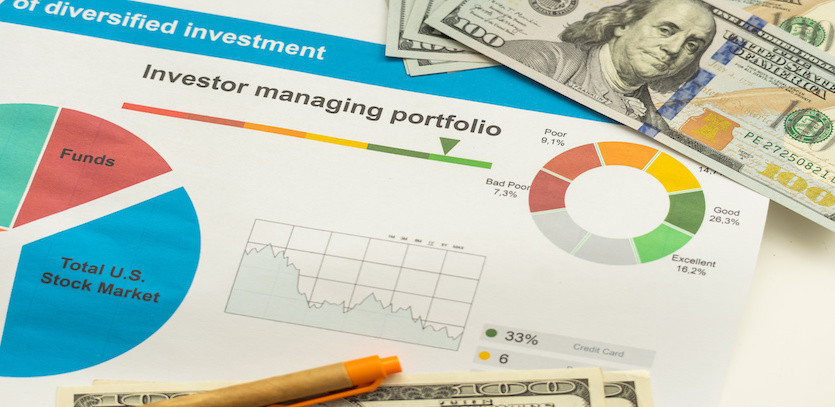The Need to Secure Your Future
Securing a prosperous future calls for intelligent investing. However, when you aim to nurture your 401(k) or individual retirement account, you might find yourself daunted by the multitude of investment opportunities available. Among these choices, two popular ones that often pose a dilemma are individual stocks and exchange-traded funds. The best fit for you primarily depends on your financial objectives, your market knowledge, and your comfort with risk.
Understanding the World of Stocks
Owning a stock is equivalent to owning a slice of a company. So, when you invest in stocks, from smaller corporations to industry giants such as Nike, Coca-Cola, or Apple, you become a stakeholder. This ownership opens up two primary avenues for profit:
- Capital appreciation: The value of your purchased stock might rise over time, offering you an increased return on investment.
- Dividends: Some companies share a part of their profits with their stakeholders in the form of dividends, which are usually a fixed amount per share.
These stocks are traded on major platforms like the New York Stock Exchange or Nasdaq during specific trading hours, and select brokerages also provide pre- or post-market trading. While direct stock purchase plans are available from some companies, typically, a brokerage account is needed to trade stocks.
Grasping the Concept of ETFs
Contrary to investing in individual companies through stocks, ETFs offer you the opportunity to invest in a diversified set of securities all at once. An ETF can encompass a vast array of stocks, bonds, or other assets, which allows you to diversify your portfolio through a single investment.
Consider the Vanguard Growth Index Fund ETF (VUG), one of the world's most robust growth ETFs. It pools over 250 stocks from diverse sectors like consumer goods, healthcare, and technology. By investing in a single share of this ETF, you gain exposure to hundreds of companies.
ETFs, like stocks, are traded on major exchanges, and they offer opportunities for capital appreciation. Some ETFs also pay dividends. To deal in ETFs, you'll need a brokerage account.
ETFs vs. Stocks: A Comparative Examination
While ETFs and stocks share common traits, they exhibit significant differences. Understanding these differences can help you make an informed investment decision:
- Diverse Asset Classes: Investing in stocks limits you to one company per stock. ETFs, however, offer the ability to invest in a variety of assets like stocks, bonds, real estate, cryptocurrencies, and precious metals in one go.
- The Power of Diversification: Investing in a single company via stocks carries inherent risk. If that company performs poorly, you risk losing your investment. ETFs spread the risk over multiple securities, offering you a safety net against market volatility.
- Cost Considerations: Building a diversified portfolio through individual stocks can be expensive and tedious as it requires buying shares from numerous companies. ETFs, conversely, offer a cheaper and faster route to diversification.
- Effort Involved: Individual stocks demand active management, which can be handled either personally or through a professional investment adviser. ETFs, on the other hand, offer a more passive route. You can invest in index funds or use robo-advisors to manage your portfolio with less hassle.
Picking the Right Investment Path

Choosing between ETFs and stocks depends on your financial circumstances, aspirations, and risk appetite. Creating a diversified portfolio with individual stocks can be costly and demanding in terms of management. In contrast, ETFs allow for instant diversification at a lower cost and with less management effort. ETFs are typically more suitable for those preferring a hands-off approach.
However, professional advice from an investment advisor can further refine your investment choices, ensuring they align with your retirement fund or taxable brokerage account needs.
Concluding Thoughts
Investing is a critical aspect of future planning, whether for retirement or other financial goals. The choice between stocks and ETFs is not a one-size-fits-all decision but hinges on individual circumstances, risk tolerance, and financial aspirations.
While stocks can offer significant rewards, they require active management and come with inherent risks associated with investing in single companies. On the other hand, ETFs provide an excellent opportunity for diversification, managing risk, and require less active involvement, making them a good choice for the passive investor.
Remember, the key to making an effective investment decision is understanding your financial landscape and getting professional advice tailored to your unique situation. By doing so, you can navigate the complex world of investing, paving the way for a financially secure future.





